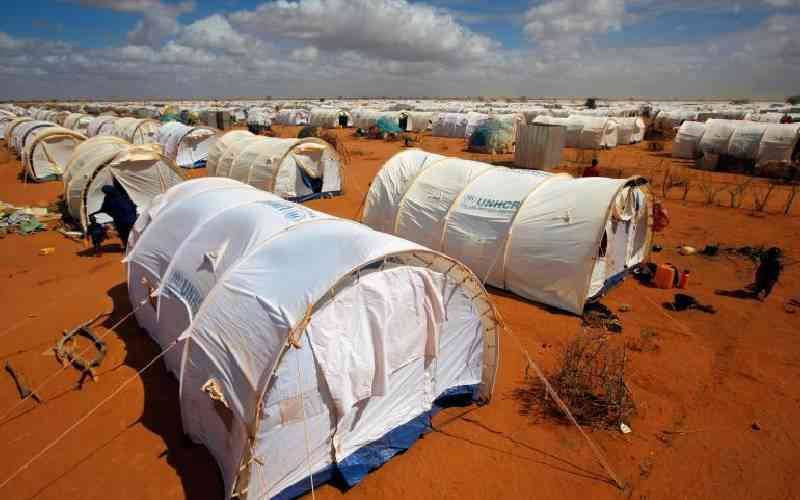×
The Standard e-Paper
Kenya’s Boldest Voice

The Kenyan government is facing backlash after repatriating four Turkish nationals who were allegedly abducted in Nairobi last Friday.
The United Nations Refugee Agency (UNHCR) condemned the move, urging Kenya to adhere to its international legal obligations.